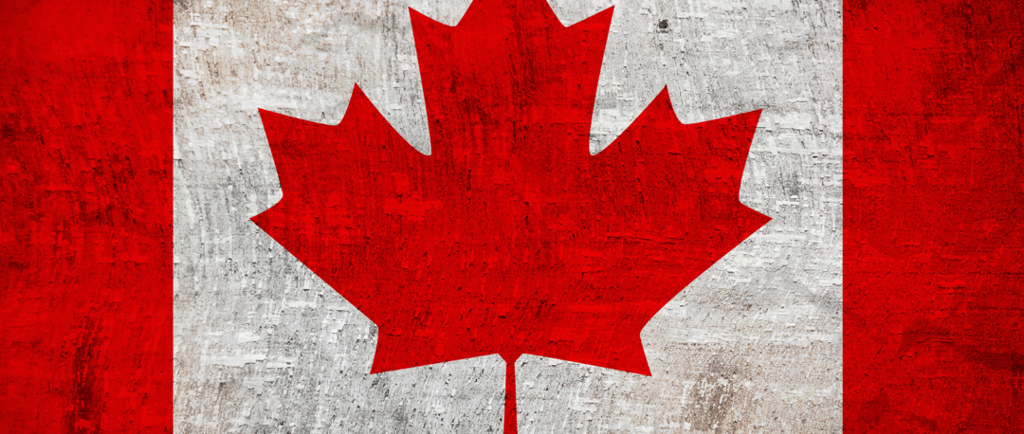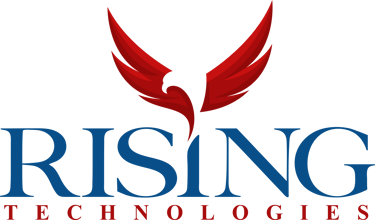Canada's Comprehensive Cannabis Legalization Framework
7/24/20242 min read


Canada's Comprehensive Cannabis Legalization Framework
Canada's approach to cannabis legalization stands out as a model of comprehensive regulation, successfully transitioning from a prohibitionist stance to a legalized and controlled cannabis market. This approach has yielded valuable lessons for other countries considering similar policy shifts.
The Cannabis Act of 2018: A Landmark Legislation
The Cannabis Act, enacted in 2018, legalized both medical and recreational cannabis in Canada, permitting adults aged 18 and older to purchase and use cannabis products11. This landmark legislation established a robust regulatory framework, aiming to minimize the harms associated with cannabis use while fostering a responsible and sustainable industry.
Dual Licensing System: Health Canada and the CRA
Canada's cannabis legalization framework relies on a dual licensing system, with Health Canada overseeing the licensing of cultivators and sellers of cannabis for medical purposes, and the Canada Revenue Agency (CRA) licensing cultivators and processors for both medical and recreational cannabis1112. This dual system ensures stringent quality control and compliance with regulations, protecting public health and safety.
Health Canada Licensing: A Rigorous Process
Obtaining a Health Canada license for medical cannabis involves a meticulous process designed to ensure compliance with strict regulations. Applicants must meet specific requirements, including providing detailed site plans, security measures, good production practices (GPP) reports, and record-keeping procedures1314. The Cannabis Tracking and Licensing System (CTLS) plays a crucial role in tracking cannabis from seed to sale, ensuring accountability and transparency throughout the supply chain15.
CRA Licensing and the Cannabis Stamping Regime
In addition to a Health Canada license, cultivators and processors must obtain a CRA cannabis license to produce cannabis products for both medical and non-medical (recreational) purposes12. The CRA also implements a cannabis stamping regime, requiring businesses to affix excise stamps to packaged cannabis products, enabling the government to track and tax cannabis sales effectively16.
Addressing Challenges: Public Health and Social Equity
Canada's cannabis legalization framework recognizes the importance of addressing potential challenges associated with increased cannabis use. Public awareness campaigns aim to educate individuals about the risks of cannabis use, particularly for youth and vulnerable populations. The government is also investing in research to better understand the long-term health effects of cannabis use.
Social equity considerations are also a priority, with efforts to promote diversity and inclusion in the cannabis industry. The government is providing support for marginalized communities to participate in the legal cannabis market, aiming to rectify the harms caused by the disproportionate enforcement of cannabis prohibition in the past.
Canada's comprehensive cannabis legalization framework serves as a valuable model for other jurisdictions considering similar policy changes. The dual licensing system, rigorous regulations, and focus on public health and social equity demonstrate a commitment to creating a responsible and sustainable cannabis industry.
by Adv. Deven Khanna
